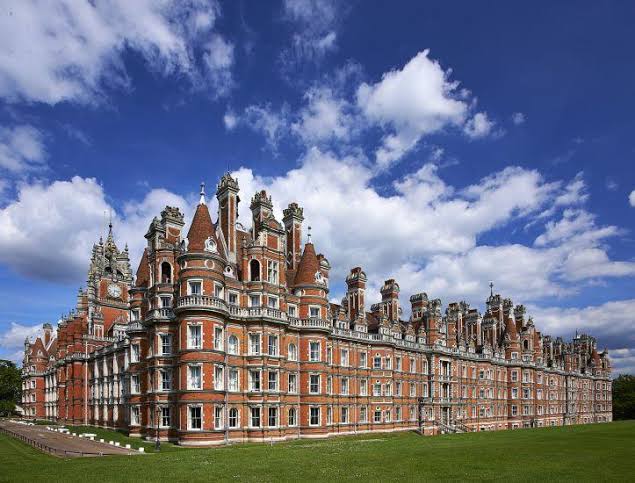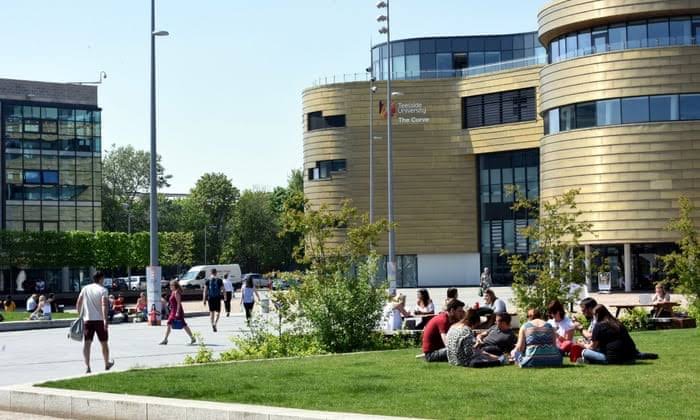According to Reports, the current economic crisis in the country has impeded payments from Nigerian students towards the new UK universities academic session starting this September as statistics show a fall of 65 percent compared to last year.
The report also noted that payments from students from India have also fallen by 44 percent compared to August last year.
Both countries are among the top three contributors to the UK International Student Federation. Citing data from Enroly, a web platform used by one in three international students to manage their registrations, the newspaper said that international students’ enrolment payments to UK universities across the month have fallen by 35 percent compared to August 2023.

Paul Kett, senior education and skills adviser at PwC UK, said, “Some will likely need to take further significant action to secure their financial sustainability.”
The number of international students applying to UK universities remains well below recent levels, despite some signs of recovery this month, putting some institutions in financial difficulty.
This marks a slight improvement from May when year-on-year enrolments fell 57%. Education Secretary Bridget Phillipson said last month that the new Labour government wants to welcome international students.
She criticized the negative rhetoric used by successive Conservative ministers in the previous Conservative government’s efforts to reduce overall immigration numbers.
The data showed a significant decline in students from Nigeria and India, two of the three biggest international markets for UK universities. Compared to August 2023, deposits from Nigerian students fell 65% and deposits from Indian students fell 44%.
Smaller markets such as Kenya and Nepal saw increased demand compared to the previous year.
Enroly CEO Jeffrey Williams said the “early signs” of recovery reflected the new government’s efforts to stabilize immigration policy.

“Concerns regarding the potential elimination of the postgraduate route work visa have been assuaged,” he said, adding that this was helped by “continued political uncertainty” in other markets such as Australia and Canada.
Harry Anderson, deputy director of British International Universities, a lobbying group for the sector, said the international environment for universities remained volatile as they continued to seek to diversify the countries from which they recruit students. Labour has so far maintained the Conservative policy of banning most postgraduate students from bringing their families, but Anderson said this remains a competitive challenge for UK institutions.
“Most of our competitor destinations do allow students to bring their family members, and most of the growth in recent years has been in postgraduate taught courses where students typically tend to be older and have family members.
“Still, the hope is that stability signaled by the new government will benefit the next admissions cycle after the turbulence of the last 18 months. But the sector needs to be working hard with embassies to communicate this,” Anderson added.
The regulator, the Office for Students, has already begun preparing for a wave of university insolvencies, offering contracts worth up to £4 million to professional services firms to run restructuring programs. The move comes after financial reports revealed overly optimistic assumptions about the rise in overseas recruitment over the coming years.
In its annual report in May this year, OfS accused universities of “optimism bias” by using projections of a 35% increase in international student numbers between 2022 and 2026.
Meanwhile, recent Central Bank of Nigeria balance of payments data for the first half of 2023 showed that Nigerians spent $896.09 million on overseas education, with the majority of it sent to the UK.
UK undergraduate courses cost between £10,000 and £15,000, with the average student needing around £8,000 per year in other fees.































